May 20 stands as one of history’s most eventful days, witnessing the rise and fall of empires, groundbreaking discoveries, and moments that shaped our modern world across centuries of human achievement.
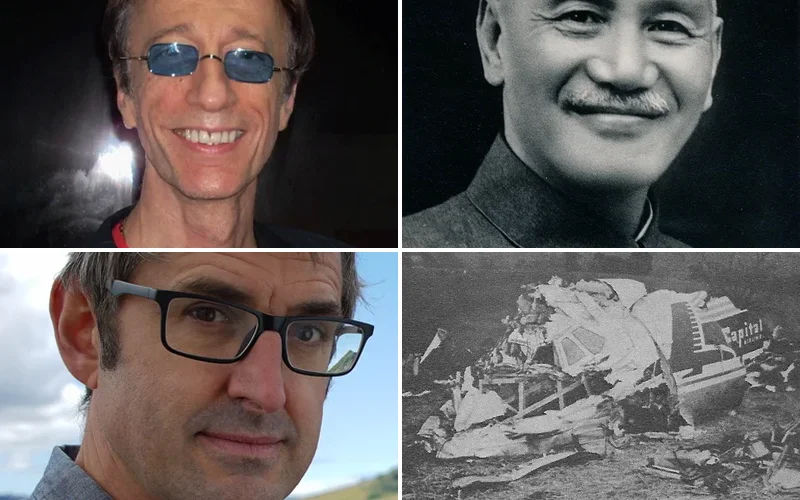
Politics and Government Events on May 20
1902 – Cuba Gains Independence from the United States
Cuba achieved independence from American occupation on this pivotal date. Tomás Estrada Palma became the country’s first President, marking the end of direct U.S. administration following the Spanish-American War.
The transition established Cuba as a sovereign nation, though American influence remained substantial through the Platt Amendment. This moment represented a crucial step in Cuban national identity formation.
1948 – Chiang Kai-shek Sworn as First President of Republic of China
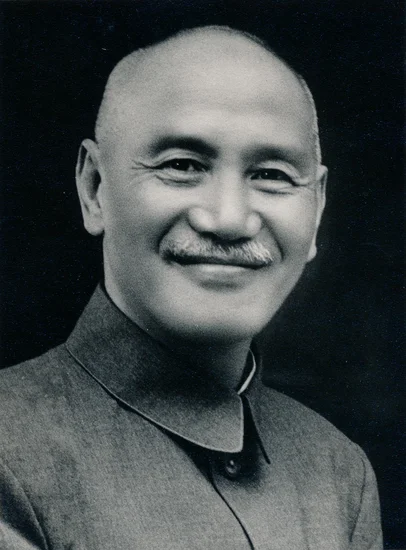
Generalissimo Chiang Kai-shek won the 1948 Republic of China presidential election and took his oath of office at Nanjing. This ceremony marked the formal establishment of the ROC presidency during a critical period of Chinese civil war.
The inauguration occurred as Communist forces gained momentum across mainland China. Chiang’s presidency would soon face its greatest challenge with the eventual retreat to Taiwan.
1980 – Quebec Independence Referendum Defeated
Quebec voters rejected a government proposal for sovereignty-association with Canada by a decisive 60% margin. The referendum represented the first major challenge to Canadian confederation in modern times.
The defeat preserved Canadian unity but highlighted enduring tensions between French and English Canada. This pivotal vote shaped Canadian federalism debates for decades to come.
1990 – First Post-Communist Elections in Romania
Romania conducted its first democratic presidential and parliamentary elections following the fall of Nicolae Ceaușescu’s regime. These historic elections marked the country’s transition from communist dictatorship to democratic governance.
The voting process represented a fundamental shift in Romanian society and politics. Citizens exercised democratic rights for the first time in over four decades.
2011 – Mamata Banerjee Becomes West Bengal Chief Minister
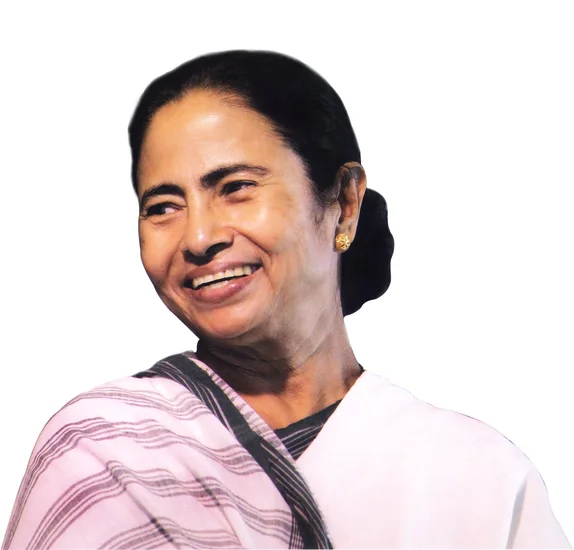
Mamata Banerjee was sworn in as West Bengal’s Chief Minister, becoming the first woman to hold this position. Her election ended 34 years of Left Front rule in the state.
Banerjee’s victory marked a significant political transformation in one of India’s most populous states. Her leadership brought new policies and approaches to West Bengal governance.
Military and Naval History on May 20
1927 – Treaty of Jeddah Recognizes Saudi Sovereignty
The United Kingdom formally recognized King Ibn Saud’s sovereignty over the Kingdoms of Hejaz and Nejd through the Treaty of Jeddah. This diplomatic agreement laid the foundation for what would become the modern Kingdom of Saudi Arabia.
The treaty ended British concerns about Saudi expansion while securing Ibn Saud’s regional dominance. This recognition proved crucial for Saudi Arabia’s emergence as a major Middle Eastern power.
1940 – First Prisoners Arrive at Auschwitz
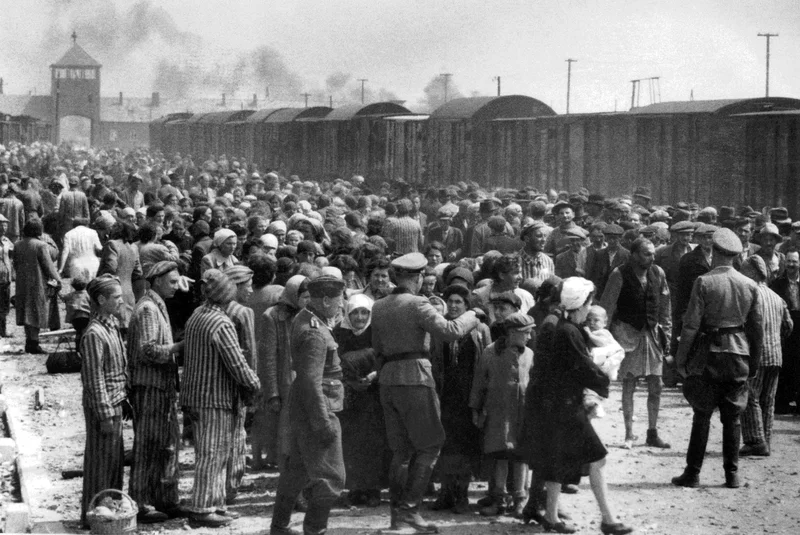
Nazi Germany transported the first prisoners to a newly constructed concentration camp at Auschwitz. This horrific milestone marked the beginning of one of history’s most notorious sites of systematic murder and persecution.
The camp’s establishment represented a crucial escalation in Nazi persecution policies. Auschwitz would become synonymous with the Holocaust’s industrial-scale genocide.
1941 – Battle of Crete Begins with German Paratroop Invasion
German forces launched Operation Mercury, the first major airborne invasion in military history, targeting the strategic island of Crete. Thousands of paratroopers descended from the skies in this unprecedented assault.
The operation demonstrated new possibilities in airborne warfare despite heavy German casualties. Crete’s capture provided Germany with a crucial Mediterranean base of operations.
1969 – Battle of Hamburger Hill Ends in Vietnam
American and South Vietnamese forces concluded their assault on Hill 937, known as Hamburger Hill, after ten days of fierce fighting. The battle claimed hundreds of casualties for strategically questionable gains.
The engagement sparked significant controversy in the United States about Vietnam War tactics. Public criticism of the battle’s heavy losses contributed to growing anti-war sentiment.
Science and Discovery Milestones on May 20
1964 – Discovery of Cosmic Microwave Background Radiation
Robert Woodrow Wilson and Arno Penzias discovered the cosmic microwave background radiation, providing crucial evidence for the Big Bang theory. Their accidental discovery revolutionized our understanding of the universe’s origins.
The finding earned both scientists the Nobel Prize in Physics and confirmed predictions about primordial radiation. This breakthrough fundamentally changed cosmology and our conception of universal evolution.
1983 – First Publication of HIV Discovery
French scientists including Françoise Barré-Sinoussi, Jean-Claude Chermann, and Luc Montagnier published their discovery of the HIV virus in Science journal. Their groundbreaking research identified the cause of AIDS.
The discovery provided crucial understanding of a devastating global pandemic affecting millions. This scientific breakthrough enabled the development of diagnostic tests and treatment strategies.
2019 – International System of Units Redefined
The International System of Units underwent historic redefinition of its base units, making the international prototype kilogram obsolete. This change established more precise, universal standards based on fundamental constants.
The redefinition represented the culmination of decades of metrological research and international cooperation. These new standards provide unprecedented accuracy for scientific measurements worldwide.
1943 – Discovery of Luttra Woman Bog Body

Archaeologists discovered the Luttra Woman, a bog body from the Early Neolithic period near Luttra, Sweden. Radiocarbon dating later revealed the remains dated to approximately 3928-3651 BC.
The discovery provided invaluable insights into prehistoric Scandinavian populations and burial practices. This archaeological find contributed significantly to understanding ancient European civilizations.
Cultural and Arts Events on May 20
1985 – Radio Martí Begins Broadcasting to Cuba
Radio Martí, operated by the Voice of America, commenced broadcasting to Cuba from the United States. The station aimed to provide alternative news and information to Cuban audiences under communist rule.
The broadcasts represented American efforts to influence Cuban public opinion during the Cold War. Radio Martí became a significant element in U.S.-Cuba diplomatic tensions.
1996 – Supreme Court Rules in Romer v. Evans
The Supreme Court struck down a Colorado law that would have prevented local governments from protecting gay and lesbian rights. The landmark decision advanced civil rights protections for LGBTQ+ Americans.
The ruling established important precedent for sexual orientation discrimination cases. This decision marked a significant step toward marriage equality and broader civil rights recognition.
1983 – Church Street Bombing in Pretoria
A car bomb planted by UMkhonto we Sizwe exploded on Church Street in Pretoria, killing 19 people and injuring 217 others. The attack targeted South Africa’s apartheid government during the height of resistance activities.
The bombing highlighted the intensifying struggle against apartheid rule in South Africa. This tragic event demonstrated the escalating violence surrounding the fight for racial equality.
Religious and Social Events on May 20
1989 – China Declares Martial Law Amid Pro-Democracy Protests
Chinese authorities declared martial law in response to massive pro-democracy demonstrations in Beijing’s Tiananmen Square. This declaration set the stage for the tragic events that would follow weeks later.
The martial law announcement demonstrated the government’s determination to suppress democratic movements. This decision marked a crucial escalation in the confrontation between protesters and authorities.
1971 – Chuknagar Massacre in Bangladesh
Pakistani forces massacred thousands of people, mostly Bengali Hindus, in Chuknagar during the Bangladesh Liberation War. This atrocity represented one of many systematic killings during the conflict.
The massacre highlighted the ethnic and religious violence accompanying Bangladesh’s independence struggle. These events contributed to international awareness of genocide occurring in East Pakistan.
1967 – Popular Movement of the Revolution Established
The Popular Movement of the Revolution political party was established in the Democratic Republic of the Congo. This party became the sole legal political organization under Mobutu Sese Seko’s authoritarian rule.
The party’s creation consolidated Mobutu’s political control over the vast Central African nation. This development marked the beginning of decades of single-party rule in Zaire.
Business and Economic Events on May 20
2002 – East Timor Independence Recognized
Portugal formally recognized East Timor’s independence, ending 23 years of Indonesian occupation and three years of UN administration. This recognition completed East Timor’s transition to full sovereignty.
The independence marked the successful conclusion of a lengthy international intervention and nation-building process. East Timor became the 21st century’s first new nation to achieve full independence.
1949 – Armed Forces Security Agency Established
The United States established the Armed Forces Security Agency, which would later become the National Security Agency. This organization centralized American cryptographic and signals intelligence operations.
The agency’s creation reflected growing Cold War intelligence needs and technological advancement. This institution would become crucial to American national security and global intelligence gathering.
1956 – Operation Redwing Hydrogen Bomb Test

The United States conducted its first airborne hydrogen bomb test over Bikini Atoll in the Pacific Ocean. Operation Redwing demonstrated America’s advanced nuclear weapons capabilities during the Cold War.
The test represented a significant escalation in nuclear weapons technology and delivery systems. This development heightened global tensions and accelerated the nuclear arms race.
Transportation and Infrastructure on May 20
1927 – Lindbergh Begins Transatlantic Flight
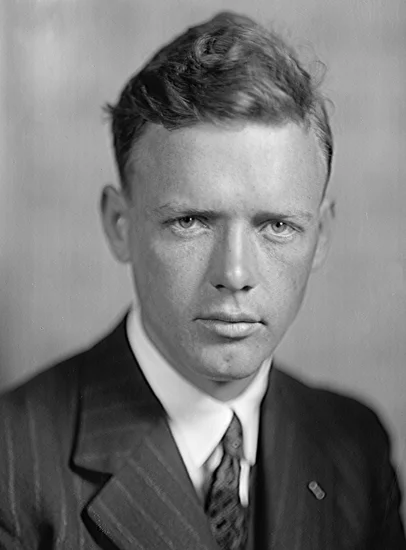
Charles Lindbergh took off from Roosevelt Field in Long Island aboard the Spirit of St. Louis, beginning the first nonstop solo flight across the Atlantic Ocean. His historic journey would conclude 33½ hours later in Paris.
The flight captured global imagination and demonstrated aviation’s potential for connecting continents. Lindbergh’s achievement revolutionized public perception of air travel and international communication.
1932 – Amelia Earhart’s Solo Transatlantic Flight

Amelia Earhart departed from Newfoundland to become the first woman to complete a solo nonstop flight across the Atlantic Ocean. She landed in Ireland the following day, achieving a historic milestone.
Earhart’s flight broke significant gender barriers in aviation and inspired countless women to pursue careers in flying. Her achievement demonstrated women’s capabilities in dangerous, technically demanding fields.
1958 – Capital Airlines Flight 300 Mid-Air Collision

Capital Airlines Flight 300 collided with a United States Air Force Lockheed T-33 over Brunswick, Maryland, killing all 12 people aboard. The tragic accident highlighted growing concerns about air traffic safety.
The collision demonstrated the need for improved air traffic control systems and separation procedures. This incident contributed to enhanced safety regulations in increasingly crowded airspace.
Sports and Recreation on May 20
2013 – EF5 Tornado Strikes Moore, Oklahoma
A devastating EF5 tornado struck Moore, Oklahoma, killing 24 people and injuring 377 others. The tornado represented one of the most powerful storms in recent American history.
The disaster highlighted the continuing threat of severe weather in tornado-prone regions. Emergency response efforts demonstrated both the challenges and successes of modern disaster management.
2012 – Northern Italy Earthquake
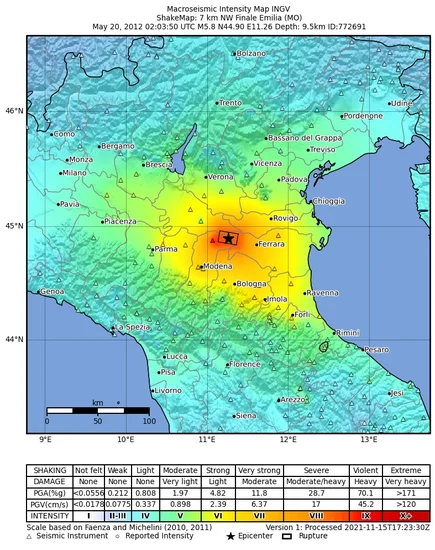
A 6.0-magnitude earthquake struck northern Italy, killing at least 27 people and injuring 50 others. The seismic event caused significant damage to historic buildings and infrastructure.
The earthquake demonstrated Italy’s ongoing vulnerability to seismic activity along complex fault systems. Recovery efforts showcased both the challenges and resilience of affected communities.
2022 – Russia Claims Control of Mariupol
Russia claimed complete control of the Ukrainian city of Mariupol after a nearly three-month siege during the ongoing conflict. The siege devastated the strategic port city and displaced thousands of residents.
The city’s capture represented a significant development in the Russo-Ukrainian War’s eastern theater. International observers documented extensive civilian casualties and infrastructure destruction.
Notable Births on May 20
1908 – James Stewart, American Actor
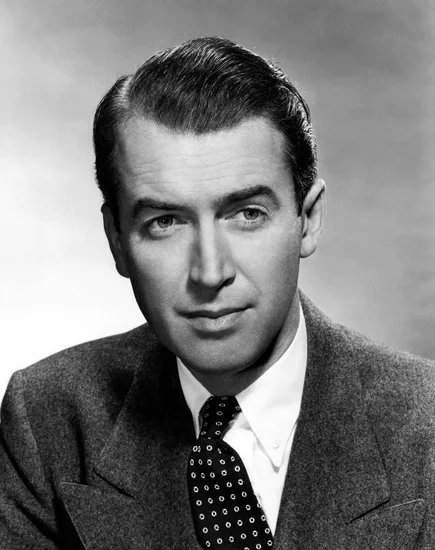
James Stewart was born in Indiana, Pennsylvania, destined to become one of Hollywood’s most beloved actors. His distinctive voice and everyman persona would captivate audiences for decades.
Stewart’s career spanned from classic films like “It’s a Wonderful Life” to Hitchcock thrillers. His authentic performances and moral characters made him an enduring symbol of American cinema.
1913 – William Redington Hewlett, American Engineer
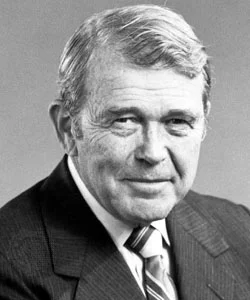
William Hewlett was born in Ann Arbor, Michigan, future co-founder of Hewlett-Packard Company. His engineering brilliance and business acumen would revolutionize the electronics industry.
Hewlett’s innovations in electronic measurement instruments laid the foundation for Silicon Valley’s emergence. His company became a technology giant, pioneering the modern high-tech industry.
1915 – Moshe Dayan, Israeli General and Politician

Moshe Dayan was born in Kibbutz Degania, becoming one of Israel’s most recognizable military and political figures. His distinctive eye patch and strategic mind made him a legendary leader.
Dayan’s military victories and diplomatic efforts shaped Israeli history during crucial conflicts. His leadership in the Six-Day War and subsequent peace negotiations defined Middle Eastern geopolitics.
1946 – Cher, American Singer-Songwriter and Actress

Cher was born in El Centro, California, destined to become an entertainment icon spanning multiple decades. Her distinctive voice and reinvention abilities made her a cultural phenomenon.
Cher’s career includes Grammy Awards, Academy Awards, and countless hit songs across various genres. Her longevity and adaptability established her as the “Goddess of Pop.”
1951 – Thomas Akers, American Astronaut

Thomas Akers was born in St. Louis, Missouri, becoming a distinguished NASA astronaut and Air Force colonel. His engineering background and piloting skills qualified him for space missions.
Akers participated in multiple Space Shuttle missions and conducted several spacewalks. His contributions to space station construction and satellite deployment advanced human space exploration.
1970 – Louis Theroux, British-American Journalist

Louis Theroux was born in Singapore to American parents, becoming a renowned documentary filmmaker and journalist. His unique interviewing style and fearless approach to controversial subjects gained international recognition.
Theroux’s documentaries explore subcultures, extremist groups, and social issues with remarkable insight. His work for the BBC has earned critical acclaim and numerous awards.
Notable Deaths on May 20
1947 – Philipp Lenard, German Physicist
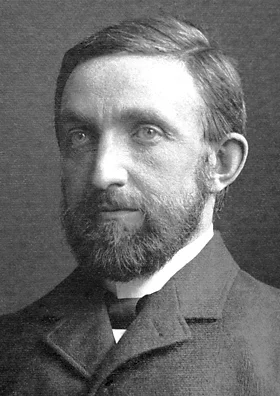
Philipp Lenard died in Messelhausen, Germany, having won the Nobel Prize in Physics in 1905 for his cathode ray research. His early scientific contributions advanced understanding of atomic structure.
Lenard’s later embrace of Nazi ideology and rejection of “Jewish physics” tarnished his scientific legacy. His career exemplified how personal prejudices can corrupt scientific integrity.
1989 – Gilda Radner, American Actress and Comedian

Gilda Radner died in Los Angeles from ovarian cancer at age 42, leaving behind a legacy of groundbreaking comedy. Her work on “Saturday Night Live” created memorable characters and broke gender barriers.
Radner’s courage in discussing her cancer battle raised awareness about women’s health issues. Her posthumous foundation continues supporting cancer research and patient care.
2002 – Stephen Jay Gould, American Paleontologist

Stephen Jay Gould died in New York City, having revolutionized evolutionary biology through his theory of punctuated equilibrium. His scientific writings made complex theories accessible to general audiences.
Gould’s books bridged academic research and popular science, inspiring countless readers. His work challenged traditional evolutionary thinking and sparked important scientific debates.
2012 – Robin Gibb, British Singer-Songwriter

Robin Gibb died in London after battling cancer, having achieved global fame as a member of the Bee Gees. His distinctive falsetto voice helped define the disco era.
Gibb’s songwriting contributions included numerous chart-topping hits and the “Saturday Night Fever” soundtrack. His musical legacy continues influencing artists across multiple generations.
2019 – Niki Lauda, Austrian Racing Driver

Niki Lauda died in Vienna, having survived one of Formula One’s most dramatic accidents to win three world championships. His comeback from near-fatal burns at the Nürburgring became legendary.
Lauda’s analytical approach to racing and business acumen made him successful beyond motorsports. His airline ventures and frank commentary kept him in the public eye long after retirement.
Holidays and Observances on May 20
World Bee Day
World Bee Day raises global awareness about the critical importance of bees and other pollinators to ecosystems and food production. The United Nations designated this day to highlight declining bee populations worldwide.
Celebrations include educational programs about bee conservation, sustainable agriculture practices, and biodiversity protection. Communities organize events promoting pollinator-friendly gardens and environmental stewardship.
Independence Restoration Day in East Timor
East Timor celebrates Independence Restoration Day, commemorating the restoration of independence from Indonesia in 2002. The holiday marks the end of 24 years of Indonesian occupation and international administration.
Celebrations include official ceremonies, cultural performances, and community gatherings throughout the nation. The day represents triumph over adversity and the successful establishment of democratic governance.
European Maritime Day
European Maritime Day celebrates Europe’s maritime heritage and the importance of seas and oceans to European prosperity. The European Council established this observance to promote maritime awareness and cooperation.
Events include conferences on marine policy, coastal community celebrations, and educational programs about ocean conservation. The day emphasizes sustainable maritime development and marine environmental protection.
National Day in Cameroon
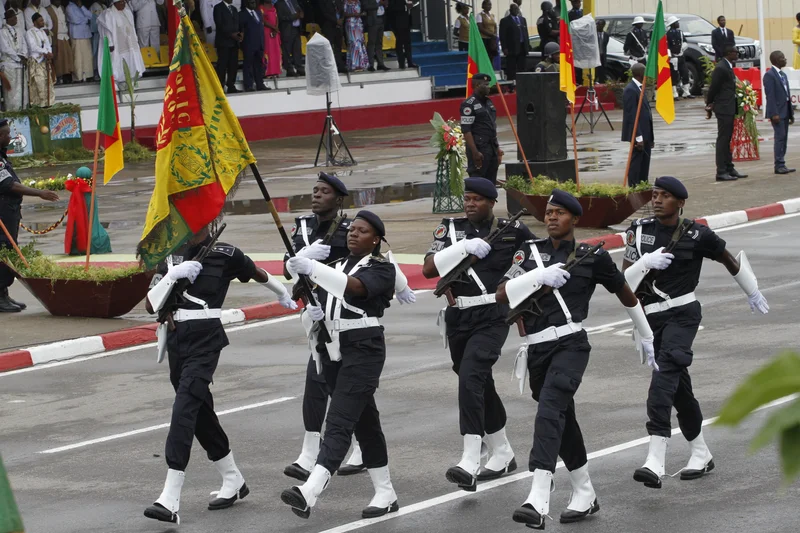
Cameroon observes National Day, commemorating the country’s political evolution and national unity. The holiday celebrates Cameroon’s journey from colonial rule to independence and subsequent unification.
Celebrations feature military parades, cultural exhibitions, and speeches by government officials. Communities across the country participate in festivities highlighting Cameroonian diversity and national pride.
